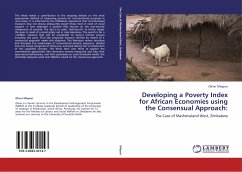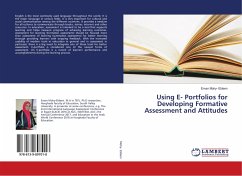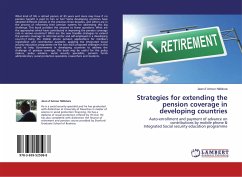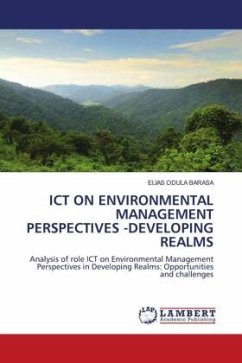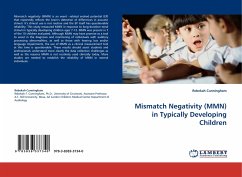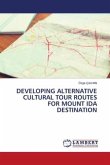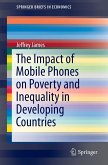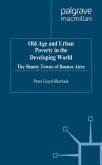This thesis makes a contribution to the ongoing debate on the most appropriate method of measuring poverty for interventionist purposes in rural areas. It is informed by the Zimbabwe experience that income-based measures may not always adequately target those most in need of social support. A new approach is posited that focuses on the non-income component of poverty. The aim is to assist technocrats to better target the poor in need of a social safety net in crisis situations. The search is for a credible measure that will be acceptable to various interest groups including the poor. Thus the proposed measure derived by means of a consensual approach meets this objective. The literature review describes and discusses the weaknesses of conventional poverty measures, divided into two broad categories of those pre- and post-dating Sen s introduction of the capability concept. The thesis then uses these to explore the conventional approaches (the dominant income measures) and flag their operational deficiencies, and then postulates an asset threshold model, the minimally adequate asset level (MAAL), based on the consensual approach.

